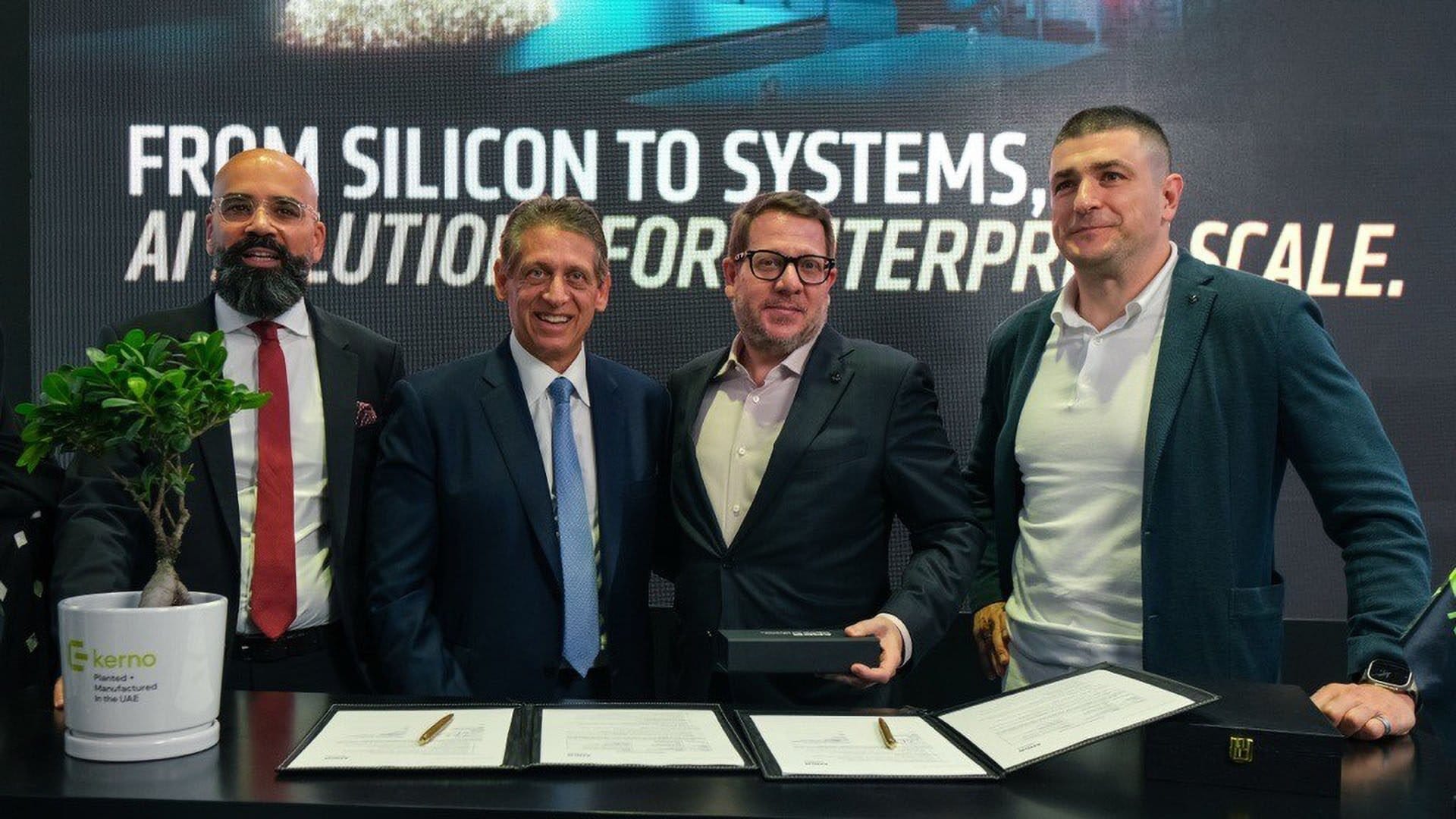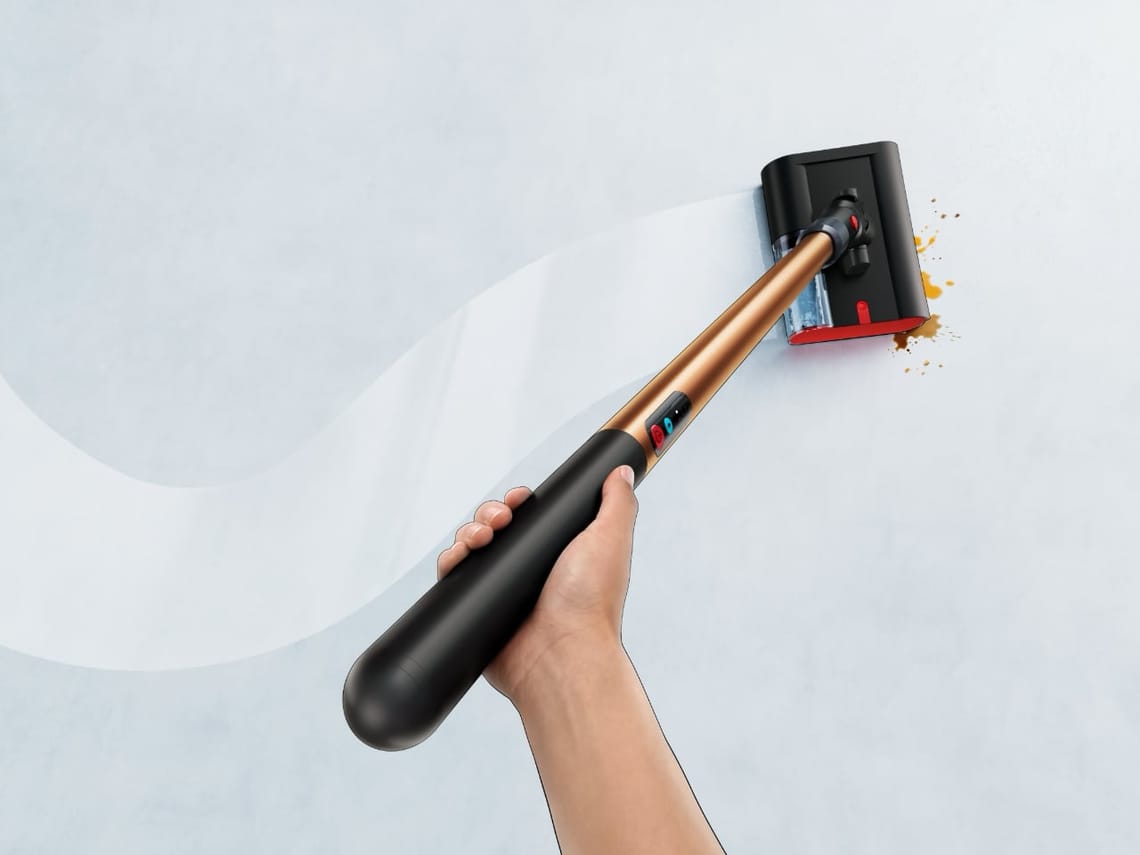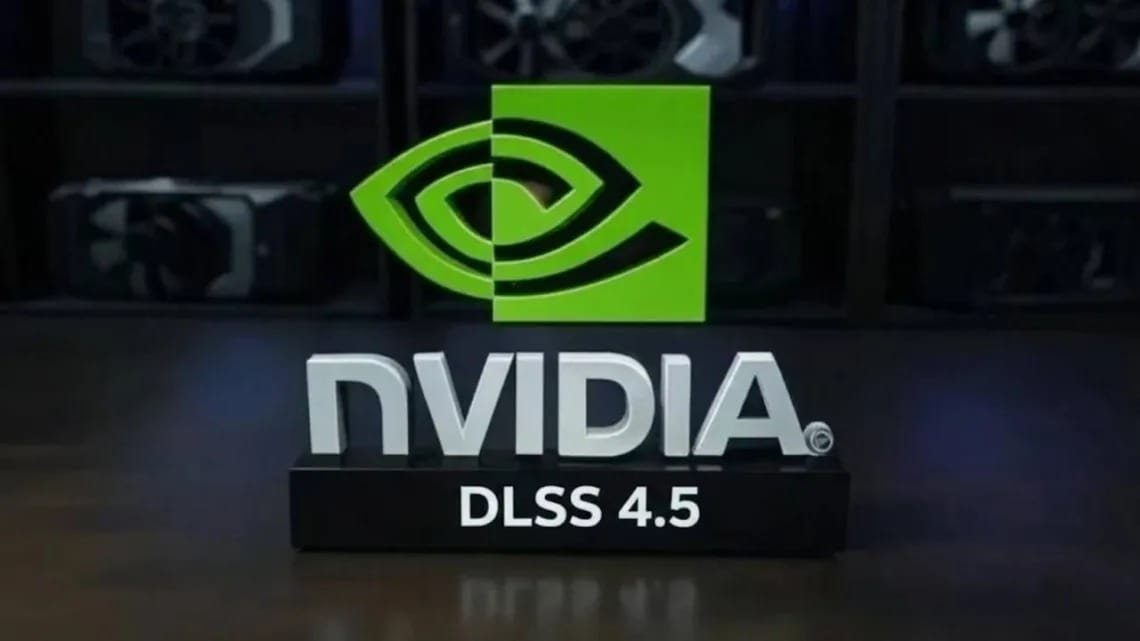AMD has signed a strategic deal with Dubai-based Kerno to push UAE-built enterprise AI and cloud solutions across the GCC. The pair will co-develop systems using AMD Instinct accelerators, EPYC server CPUs and the open ROCm stack. The plan also includes a joint lab and a possible AI competency centre in the UAE. It’s a local play for governments and enterprises that want high performance and regional support.
What AMD and Kerno actually signed
This is a collaboration agreement focused on building and validating AMD-based enterprise solutions in the UAE, then rolling them out across the GCC.
- Co-development of AI and cloud infrastructure based on AMD Instinct, EPYC and ROCm
- Kerno named as a regional OEM/ODM for AMD-based systems
- Early access for Kerno to AMD roadmaps and sales enablement
- Joint testing and integration lab planned in the UAE
In plain terms: Kerno gets closer to AMD’s silicon and software plans, and the two will design and certify boxes in the Emirates rather than importing them. That shortens deployment cycles and gives local buyers a single point of accountability.
The hardware and software stack
The solutions centre on AMD’s current data-centre portfolio and open software.
- AMD Instinct™ AI accelerators for training and inference
- AMD EPYC™ CPUs for general compute and storage nodes
- ROCm™ open software stack for AI frameworks and libraries
Together, that covers GPU compute, CPU-heavy workloads and an open stack developers can tune. For buyers in the UAE and Saudi, it means less lock-in and a clearer path to scale across mixed AI and cloud workloads.
“Made in the Emirates” — why it matters
Local design, build and support matters for data residency, latency and procurement.
- Systems designed, built and supported in the UAE
- Regional engineering and manufacturing by Kerno
- GCC-ready configurations for government and enterprise use
A UAE manufacturing and validation base can help with compliance and on-site support. It also means faster iterations when customers need custom racks, liquid cooling options or validated software images for regulated sectors.
What’s next: lab and AI competency centre
Beyond the initial collaboration, AMD and Kerno plan to firm up two tracks.
- Roadmap for a joint testing and integration lab in the UAE
- Exploration of a regional AI competency centre for strategic projects
- Focus on the AMD enterprise AI portfolio for customer engagements
A UAE lab would let teams certify new SKUs, stress-test firmware and qualify ROCm versions before rollout. An AI competency centre could help CIOs benchmark models, run POCs and build reference architectures tuned for GCC workloads.
Where to see them at GITEX
Planning to be at Dubai World Trade Centre?
- Kerno: Hall 3, Stand H3-A15
- AMD: Hall 7, Stand H7-B30
If you’re tracking wider AI infrastructure moves at the show, see our related coverage: du’s new AI Park and Microsoft’s Agentic AI push. For data-centre hardware context, check HPE at GITEX 2025 and our note on Saudi-made EPYC servers.
Buying and deployment angles for UAE/GCC teams
If you’re speccing a cluster this quarter, here’s what this news changes.
- Faster validation cycles for AMD Instinct/EPYC nodes in the UAE
- Closer support channels via Kerno for firmware, ROCm and rack integration
- Potential local POCs once the lab and competency centre are live
The near-term win is access and support. Medium-term, the lab should cut time-to-production and reduce integration risk for ROCm-based stacks, which is handy for ministries, telcos and finance that need on-prem or sovereign setups.
What markets does the agreement target?
The collaboration targets GCC markets, including the UAE and Saudi Arabia.
Which AMD products are included?
AMD Instinct AI accelerators, AMD EPYC CPUs and the AMD ROCm open software stack.
What is “Made in the Emirates” in this context?
It means AMD-based enterprise solutions co-developed, validated and supported in the UAE, with Kerno handling regional engineering and manufacturing.
Subscribe to our newsletter to get the latest updates and news















Member discussion